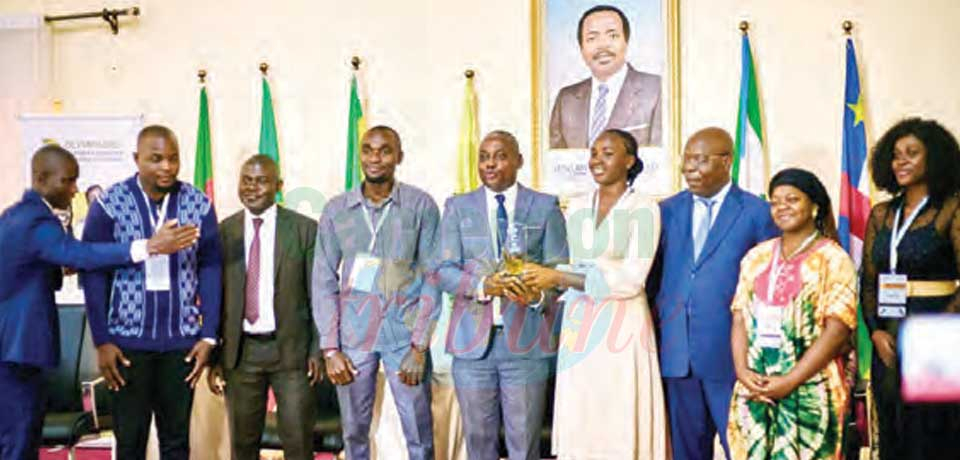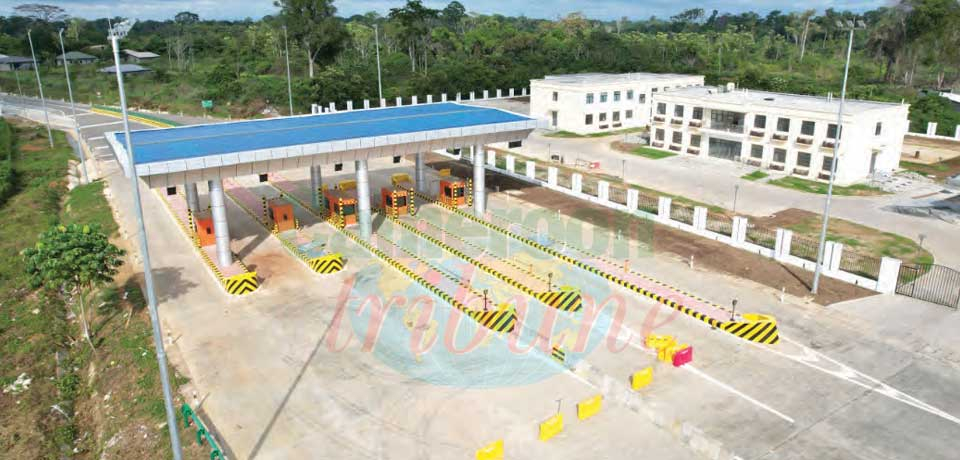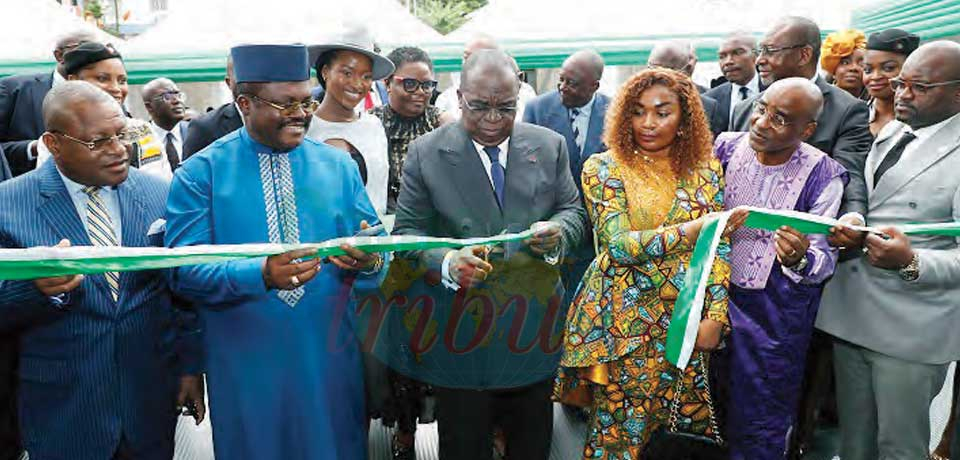Broadening The Tax System, Decentralisation
Landed property tax is intended to strengthen public finances and spur increase in non-oil revenue.
The sledge hammer of the law is expected to fall on property tax defaulters by January 2017. This is sequel to the ongoing campaign of the Taxation Department of the Ministry of Finance, to get land and house owners to pay taxes as per new fiscal measures. The tax is paid by every individual who has landed property and this year’s exercise runs till December 31, 2016. The operation is aimed at strengthening public finances and increasing non-oil revenue for vibrant economic growth.
Reports from taxation centres in the Centre and Littoral Regions where the exercise is being implemented say land and house owners as well as those with undeveloped plots, are rushing to meet the non-negotiable civic and economic obligation that is calculated based on the market value of each person’s plot or house (0.1 per cent).
The payment of the land tax comes in the wake of development challenges. Prominent amongst them is government’s drive to improve the livelihoods of Cameroonians through the decentralised system. When government launched the operationalization of the property tax, the intent was to foster decentralisation. This is because the funds from the tax are disbursed to local councils for development. The Taxation Department therefore collects the money for life-changing projects. Cities are therefore expected to be more beautiful and the living conditions of Cameroonians improved, if every land and house owner pays the tax, officials from the Taxation Department hold.
The payment of the property tax also comes at the time the mobilisation of resources i...
Cet article complet est réservé aux abonnés
Déjà abonné ? Identifiez-vous >
Accédez en illimité à Cameroon Tribune Digital à partir de 26250 FCFA
Je M'abonne1 minute suffit pour vous abonner à Cameroon Tribune Digital !
- Votre numéro spécial cameroon-tribune en version numérique
- Des encarts
- Des appels d'offres exclusives
- D'avant-première (accès 24h avant la publication)
- Des éditions consultables sur tous supports (smartphone, tablettes, PC)














Commentaires